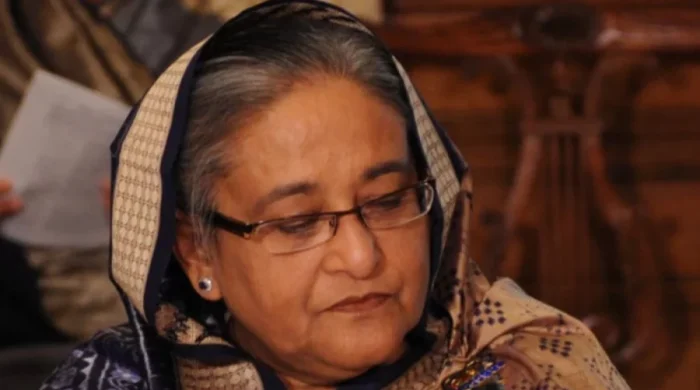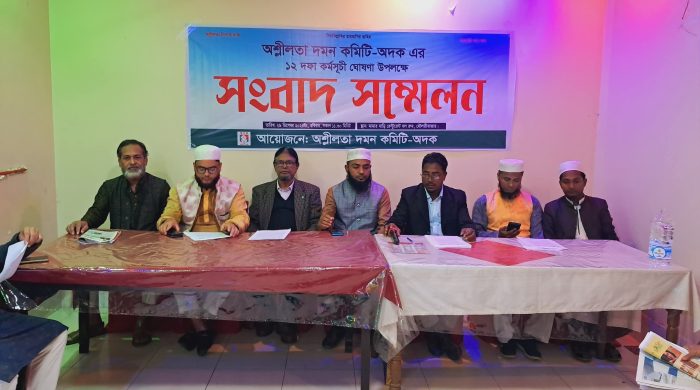

A commission entrusted with looking into enforced disappearances revealed Tuesday that some 200 Bangladeshis who were kidnapped by security personnel following the overthrow of former premier Sheikh Hasina are still unaccounted for.
Hasina’s iron-fisted rule came to a spectacular end in August when a student-led movement flooded the streets of the capital Dhaka, forcing the 77-year-old to flee by helicopter to neighboring India.
Numerous human rights violations were alleged against her government, including the extrajudicial execution of hundreds of political opponents and the wrongful kidnapping and disappearance of hundreds more.
Five persons have been freed from covert prison facilities following Hasina’s overthrow, according to a committee of investigation established by the interim administration currently in power, but many more were still missing.
“There is no trace of at least 200 people. We have been working to locate them,” commission member Noor Khan said.
The commission said it had identified at least eight secret detention centres in Dhaka and its outskirts, some with cells as small as three by four feet (90 by 120 centimetres).
It said the walls of these cells had engravings that appeared to show their occupants having kept tally of the number of days they had been detained.
One commissioner said there had been efforts by unnamed law enforcement agencies to erase evidence of these secret detention centres after Hasina’s overthrow.
Commissioners said most disappearance cases brought to its attention blamed the elite Rapid Action Battalion (RAB) police unit.
The RAB was sanctioned by Washington in 2021 alongside seven of its senior officers in response to reports of its culpability in some of the worst rights abuses committed during Hasina’s rule.
Commission chair Moyeenul Islam Chowdhury said that institutional breakdowns in the government and judiciary had also allowed a climate of impunity to flourish under Hasina.
“They used the law enforcement agency not in the public interest, but for their own agenda and political interest,” he said.
The commission was established by the interim government of Nobel Peace Prize winner Muhammad Yunus as part of its efforts to implement far-reaching democratic reforms.
Yunus has previously said he inherited a “completely broken down” system of public administration that needed a comprehensive overhaul to prevent a future return to autocracy.
